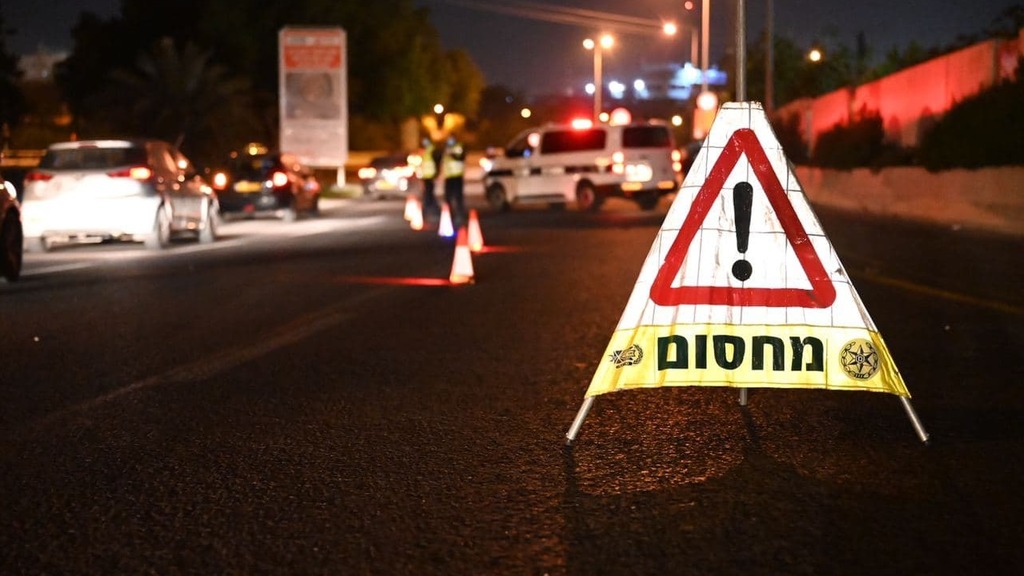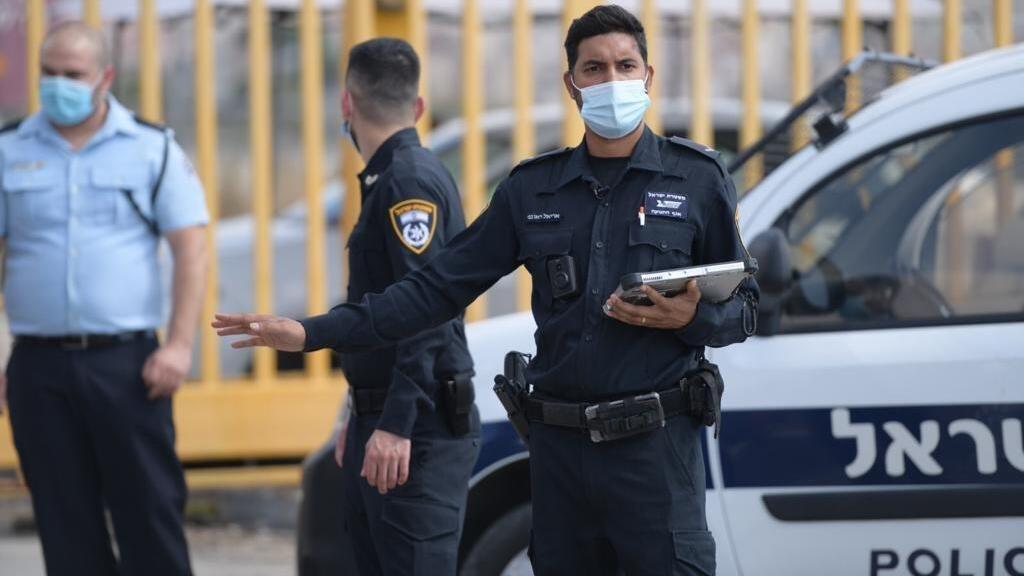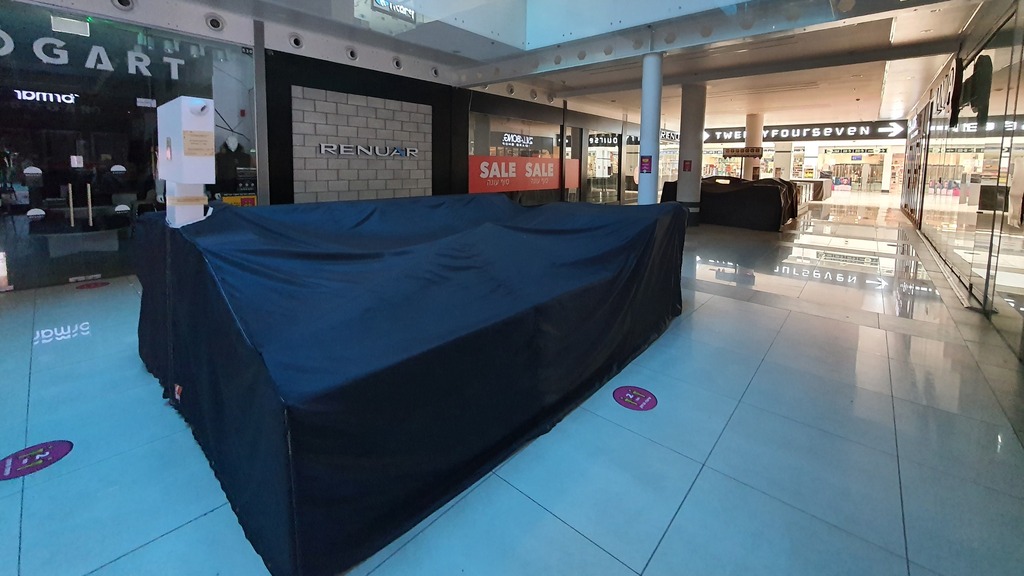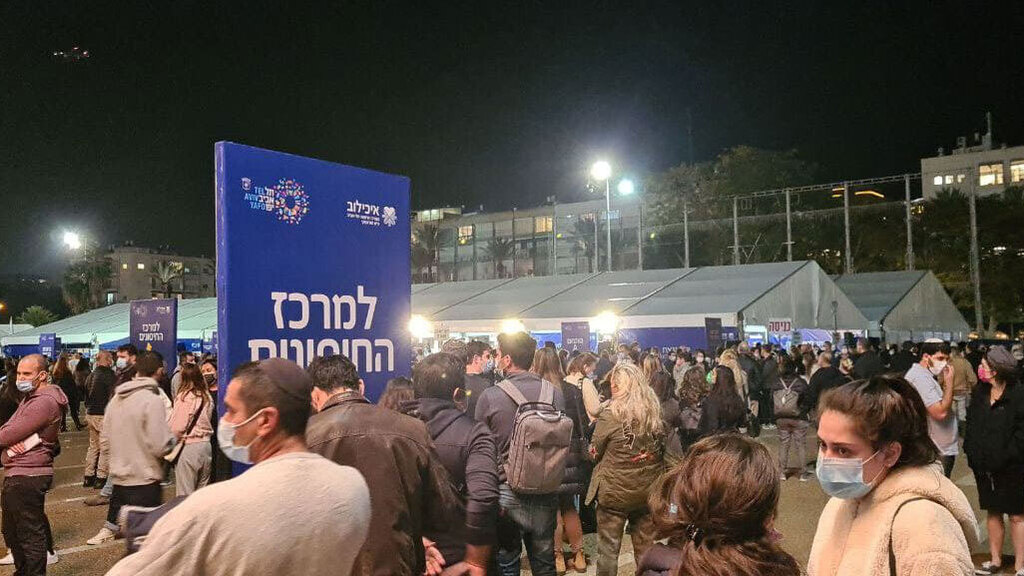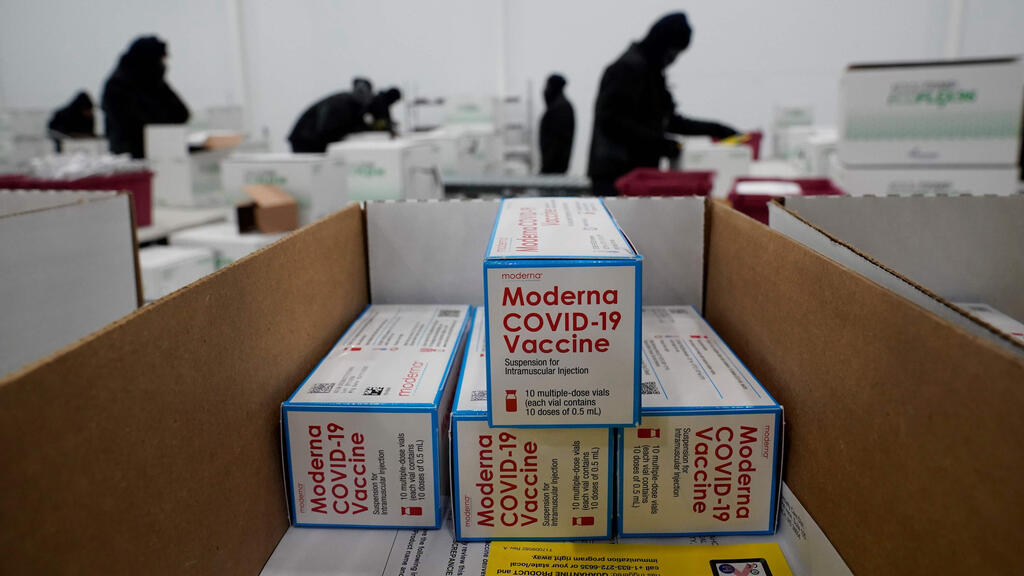Israel tightened restrictions on movement, schools and trade for its third lockdown at midnight on Thursday, after almost two weeks of closures have failed to stop the coronavirus infection rate from rising.
The inability to stem the spread of the virus is in stark contrast to the success of the country's nationwide vaccine campaign, which has seen close to 2 million Israelis already in receipt of the first dose of the two-stage inoculation and made Israel a world leader in vaccinating its population.
"We are in the midst of a global epidemic that is spreading at record speed," Netanyahu told ministers on Tuesday. "We must immediately impose a full closure."
He urged Israelis "to make one last effort - a general closure in combination with the vaccination campaign is how we will come back to life."
His comments came shortly after he and Defense Minister Benny Gantz announced that Israel would go into a fuller, tighter lockdown that would now include the entire education system.
It was a response to health officials demanding urgent action over the soaring coronavirus infection rate that has left COVID-19 wards across the country on the brink of collapse.
The country has already been already in its third lockdown since December 27, with restrictions on movement and the closure of entertainment venues, shops and gatherings but schools still allowing some students to attend class in person.
Coronavirus czar Prof. Nachman Ash also backed the new measures, saying he supported the total shutdown of the education system and warned that any delay in implementing a stricter lockdown would result in a loss of human life.
The police meanwhile, have warned that they would take a "less lenient" approach to enforcing the latest regulations, deploying thousands of officers across the country in anticipation of the new measures and planning to set up roadblocks on major highways to prevent unnecessary travel.
Pyrrhic vaccine victory
Israel's high-speed vaccine campaign has won international admiration - and envy - but the swiftness of the process has led to a shortage of doses of the Pfizer vaccine that was first administered in late December.
Health Minister Yuli Edelstein announced earlier this week that Israel would press pause on administering the first dose of the two-stage vaccine for a short while until new stocks arrived, which now appears to be much sooner than originally planned after the country signed a new and improved deal with U.S. drugmaker Pfizer.
Meanwhile, Moderna's Israeli chief medical officer, Tal Zaks, told Ynet on Wednesday that his company would be delivering its vaccine to Israel in the coming days.
A shipment containing more than 100,000 doses of the Moderna vaccine arrived on Thursday from Germany, which is only enough to fully vaccinate 50,000 people.
"I am very proud as an Israeli that Israel is one of the first countries in the world to mobilize for the early purchase of all vaccines, both ours and Pfizer’s, and is at the forefront today in terms of the ability to vaccinate its citizens,” he said.
Zaks praised Israel’s vaccination drive, saying it could “set an example for many health ministries around the world.”
Moderna says its vaccine was 94.5% efficient in clinical trials, similar to the efficacy rate of the Pfizer vaccine.


